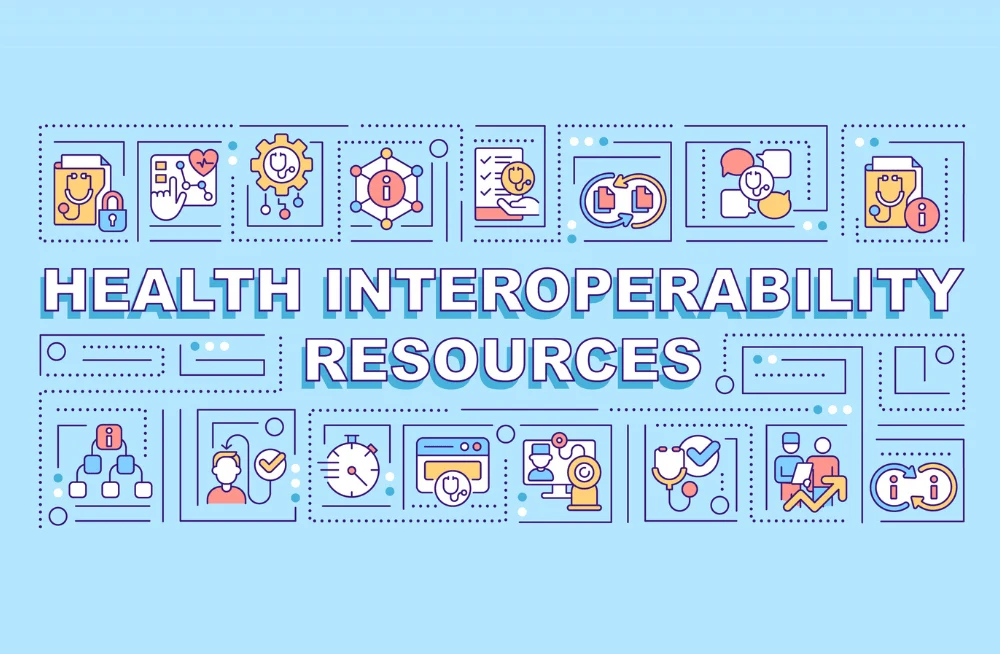Following closely on the introduction of new regulations to prevent information blocking, including financial penalties for healthcare providers, the Office of the National Coordinator (ONC) has unveiled its second major proposed rule regarding health data interoperability: HTI-2. Officially titled "Health Data, Technology, and Interoperability: Patient Engagement, Information Sharing, and Public Health Interoperability," this proposal builds on the comprehensive HTI-1 regulations finalized in January 2024. These new guidelines aim to advance further electronic health record (EHR) certification, data exchange, and address information blocking.
Enhancing Health IT Certification
HTI-2 introduces new certification criteria designed to standardize and improve the technology used by public health entities and payers. The proposed updates focus heavily on standards-based APIs to enhance end-to-end interoperability between data exchange partners, such as healthcare providers, public health organizations, and payers. Additionally, the ONC proposes new certification criteria for real-time prescription benefit tools. These tools aim to provide accurate, transparent, and personalised cost information to patients and their providers at the point of care, enhancing decision-making.
Clarifying Information Blocking Regulations
Addressing information blocking remains a significant focus for the ONC. HTI-2 offers revisions to previously defined information blocking exceptions, including a new "Protecting Care Access" exception to safeguard reproductive rights data under the recent HIPAA rule. Another proposed exception, "Requestor Preferences," would allow actors to follow a requestor’s guidelines for what information they wish to receive or exclude without facing penalties for information blocking. These refined exceptions aim to provide more precise guidance for organizations, helping them avoid penalties such as restrictions on participation in financial incentive programs.
Technical Enhancements in HTI-2
HTI-2 also proposes several updates to data standards and technologies to improve interoperability across various data modalities and organisational siloes. This includes adjustments to the Qualified Health Information Network (QHIN) qualification standards under the Trusted Exchange Framework and Common Agreement (TEFCA) and a requirement for entities to adopt Version 4 of the United States Core Data for Interoperability (USCDI) by January 1, 2028. This updated version of the common data set is designed to enhance health equity, patient experiences, and medication adherence. Additionally, the rule proposes updates to minimum standards for certain code sets and the implementation of the HL7 FHIR Bulk Data Access v2.0.0: STU 2 implementation specification (Bulk v2 IG). It also aims to streamline documentation requirements for electronic prior authorisation requests, facilitating faster and easier communication between providers and payers regarding necessary care approvals.
Entities subject to HTI-2’s proposals will have several years to implement the changes, with the timeline for the rule's provisions extending to 2028. To support this transition, the ONC has released fact sheets on each major component of the rule and will hold informational sessions to provide further details and address community questions. As always, ONC officials encourage public comment on the proposals, urging stakeholders to share their thoughts and contribute to the evolution of the broader interoperability ecosystem. The HTI-2 proposed rule represents a significant step forward in harmonising health IT systems, ensuring better data sharing, patient engagement, and public health outcomes.






